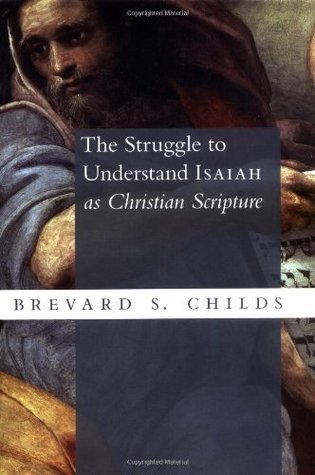Hofmann's immediate context was shaped by theological battles waged on two fronts. On the far right was the scholastic Lutheranism of Hengstenberg, who understood biblical prophecy as contingent predictions about the future and their fulfillment. On the left were the higher critics, such as De Wette, Hitzig, and Ewald, who dismantled the unity and authority of the scriptures.
Welcome back. Just a moment while we sign you in to your Goodreads account.


